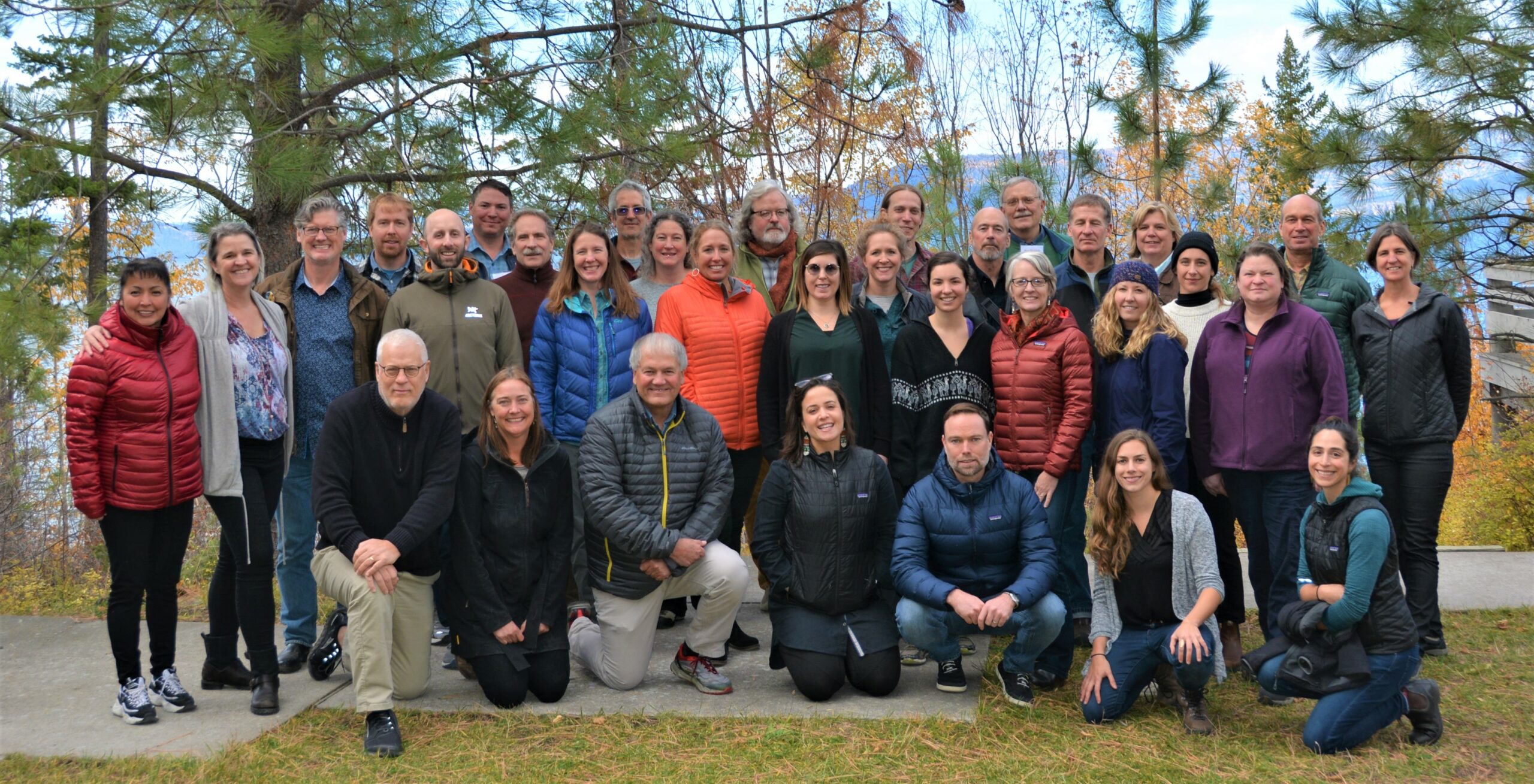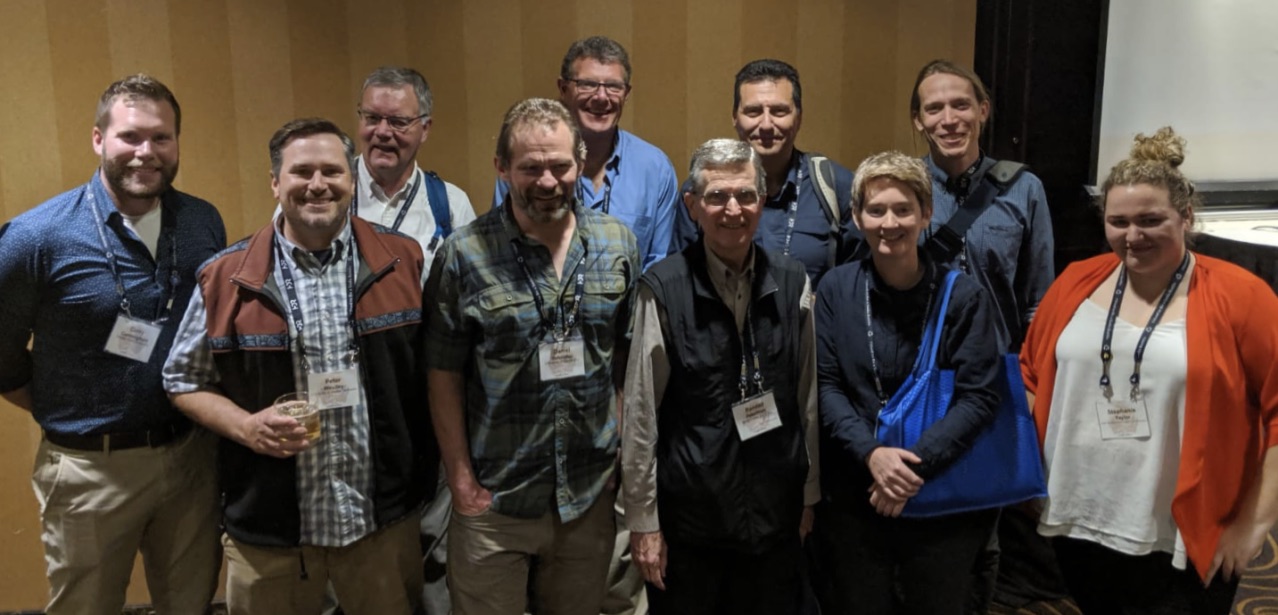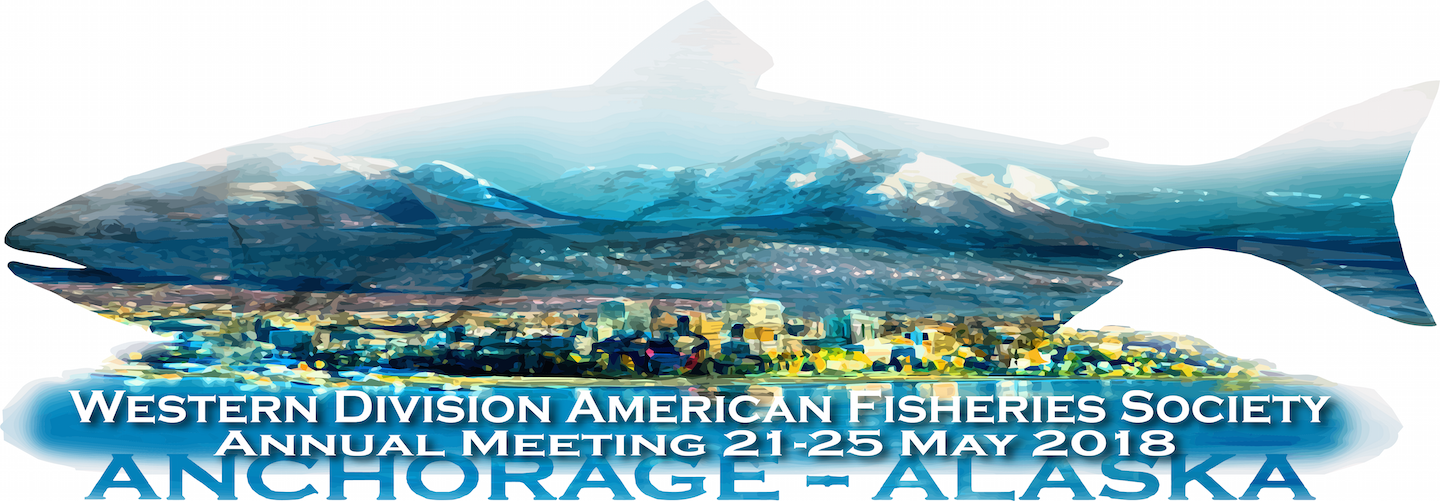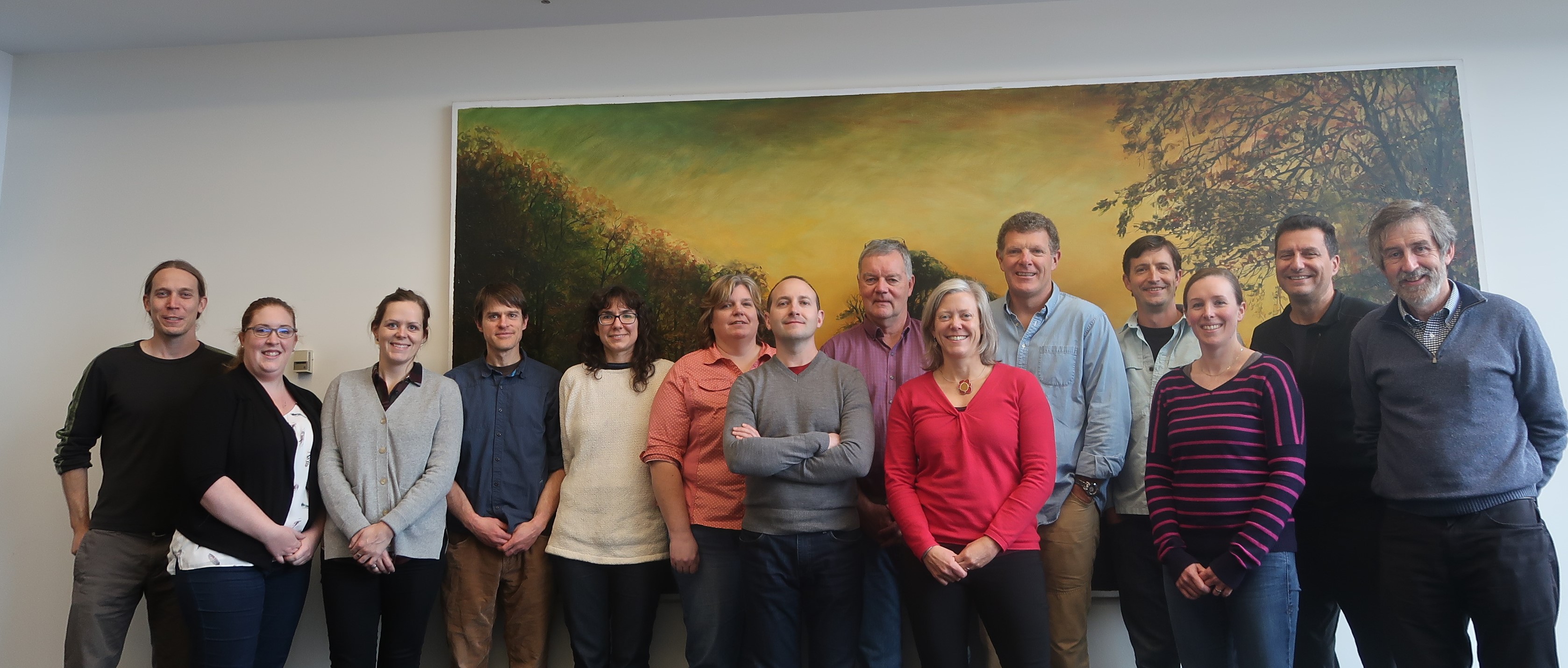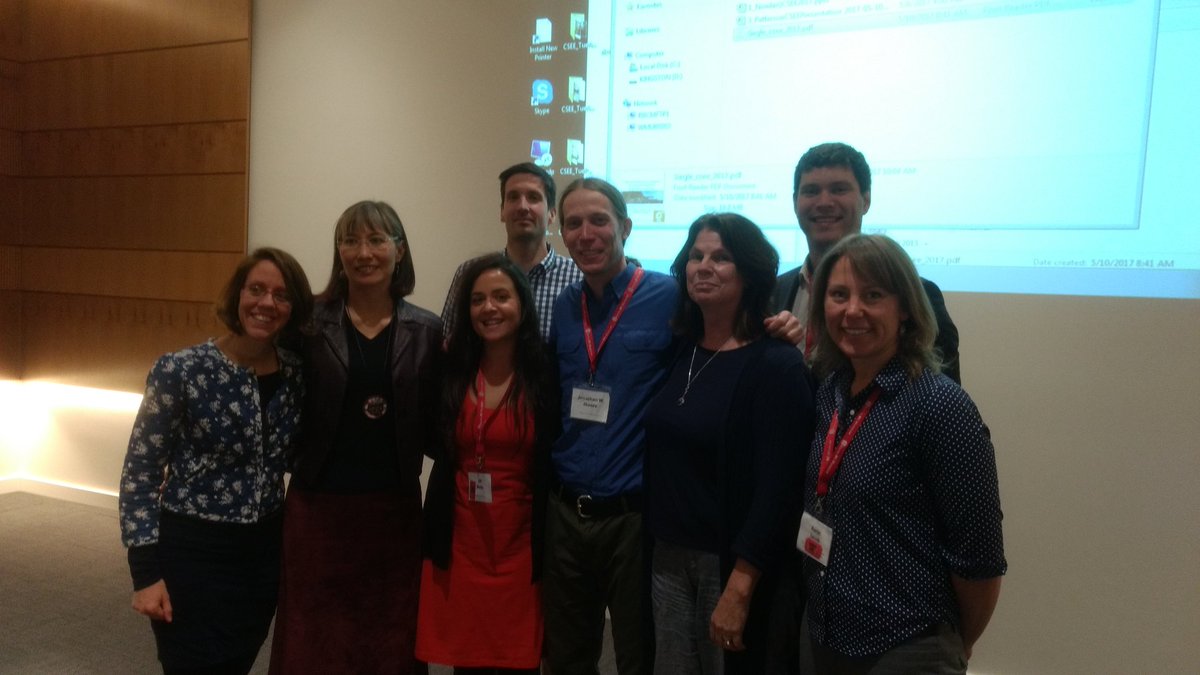WORKSHOPS & EVENTS
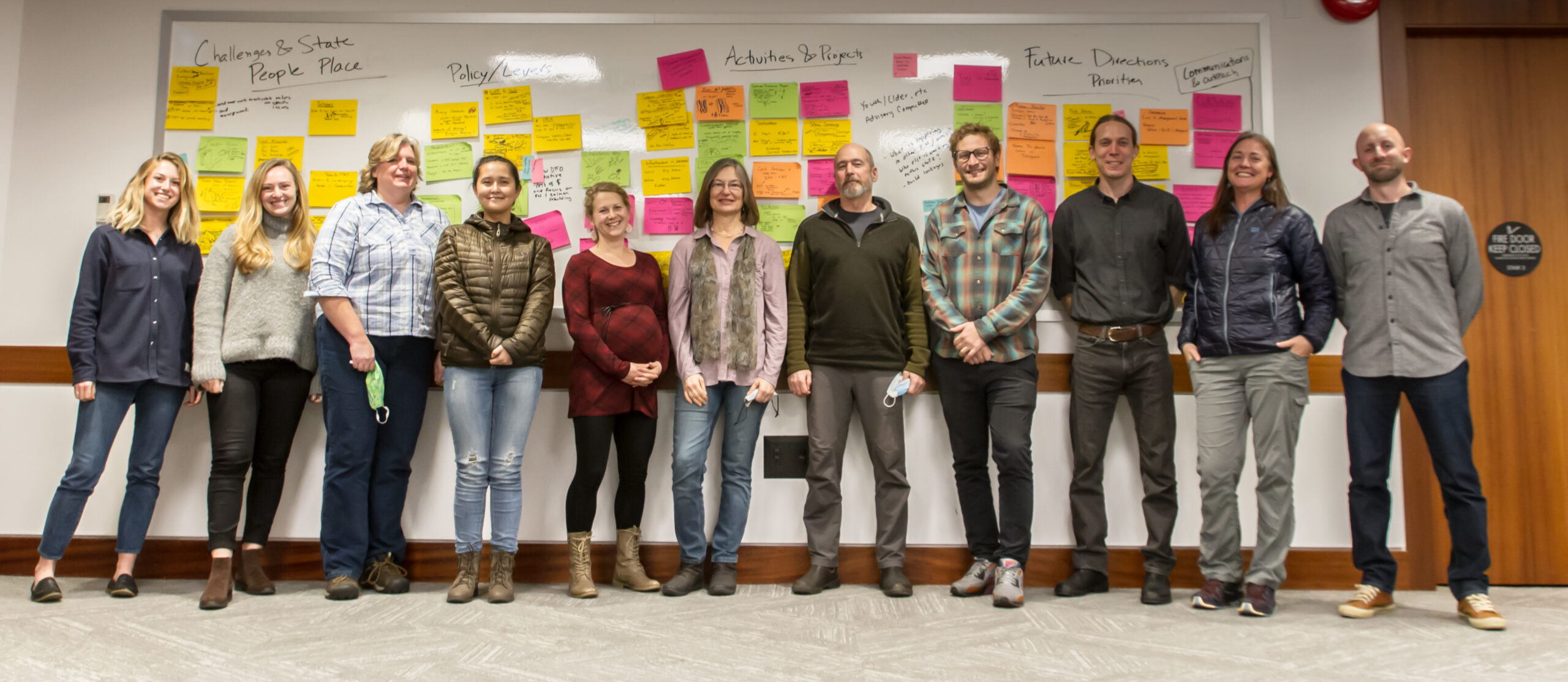
Taku Samon Resilience Collaboration
December 2021 | SFU Wosk Centre for Dialogue, Vancouver BC
The Taku Watershed of northern BC and southeast Alaska is a vast and remarkably intact salmon watershed that is also changing rapidly with climate change. A group of 15 individuals came together for a two day workshop in Vancouver to discuss opportunities to advance ecological and cultural resilience of this salmon watershed in light of climate change and other pressures. Participants brought together diverse expertise and included representatives from Taku River Tlingit, U Montana, Round River Conservation Studies, and Simon Fraser University. The workshop helped identify and advance key opportunities for collaborative activities within this transboundary watershed.
Transboundary impacts of mining on freshwater ecosystems
October 2019 | Flathead Lake Biological Station, Montana
The northwest region of North America is home to many of the continent’s least developed and most vibrant freshwater ecosystems. These lands also contain vast mineral deposits and have been marked by past, present and exploratory mining operations, whose potential impacts cross borders. Read more
The Science of Pacific Salmon Conservation: Foundations, Myths, and Emerging Insights
October 1, 2019 | Reno, Nevada
There is a vast body of scientific research focused on Pacific salmon and enormous resources devoted to them. This symposium sought to highlight key foundations and advances in applied Pacific salmon science relevant to their conservation and management. Read more
Marine-Derived Nutrients
May 21-25, 2018 | Anchorage, Alaska
A compelling narrative exists about the ecological importance of marine-derived nutrients and energy in coastal watersheds. From their roles as prey for terrestrial and aquatic wildlife, to their importance as subsidies of productivity-limiting nutrients, a complex story is often told about how broadly important salmon are to freshwater and riparian ecosystems. Read more
Glacial retreat and salmon
May 2017 | Vancouver, British Columbia
Climate change is driving deglaciation with potential changes for salmon populations. This loss of ice will expose new rivers and streams, alter river temperatures, sediment supply, and flow regimes. Read more
Linking law and science
May 2017 | Victoria, British Columbia
While it is generally accepted that science should inform environmental decision-making, it is not always clear to scientists how science gets incorporated into the legal process, or to lawyers how to make the best use of science. Read more

